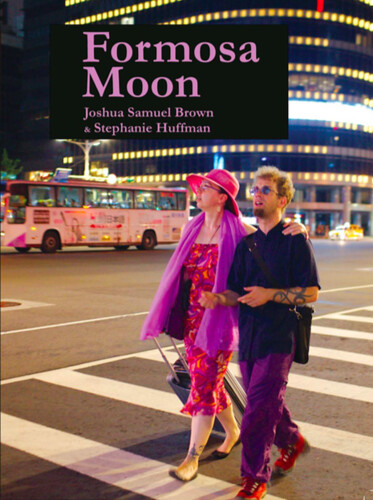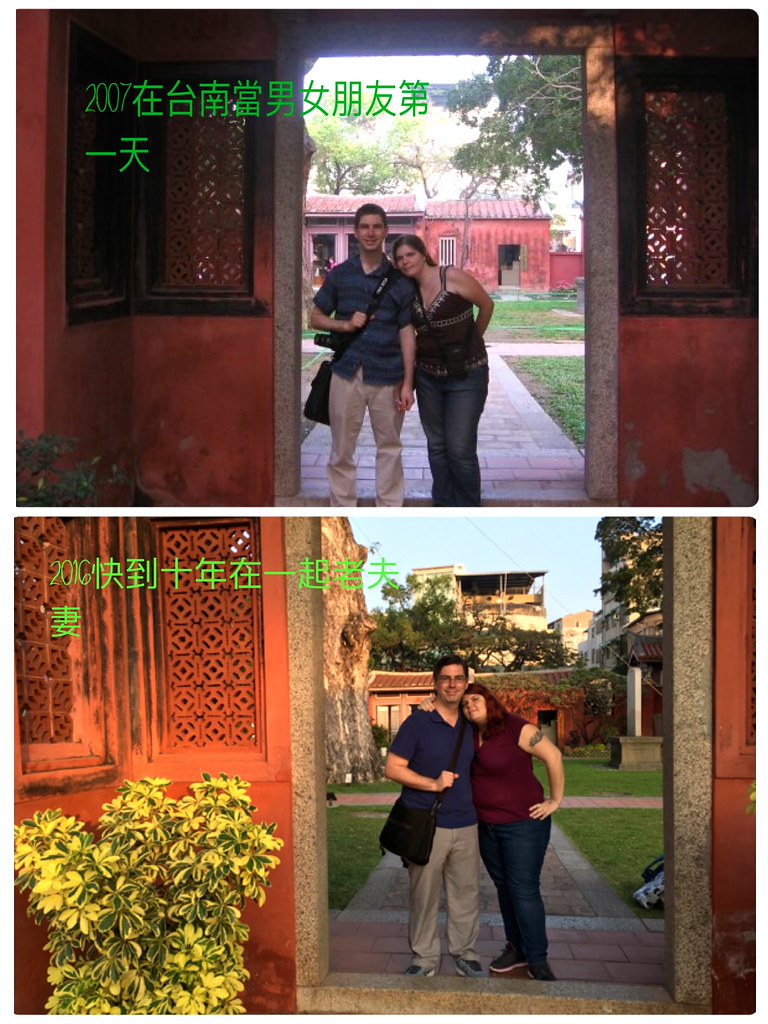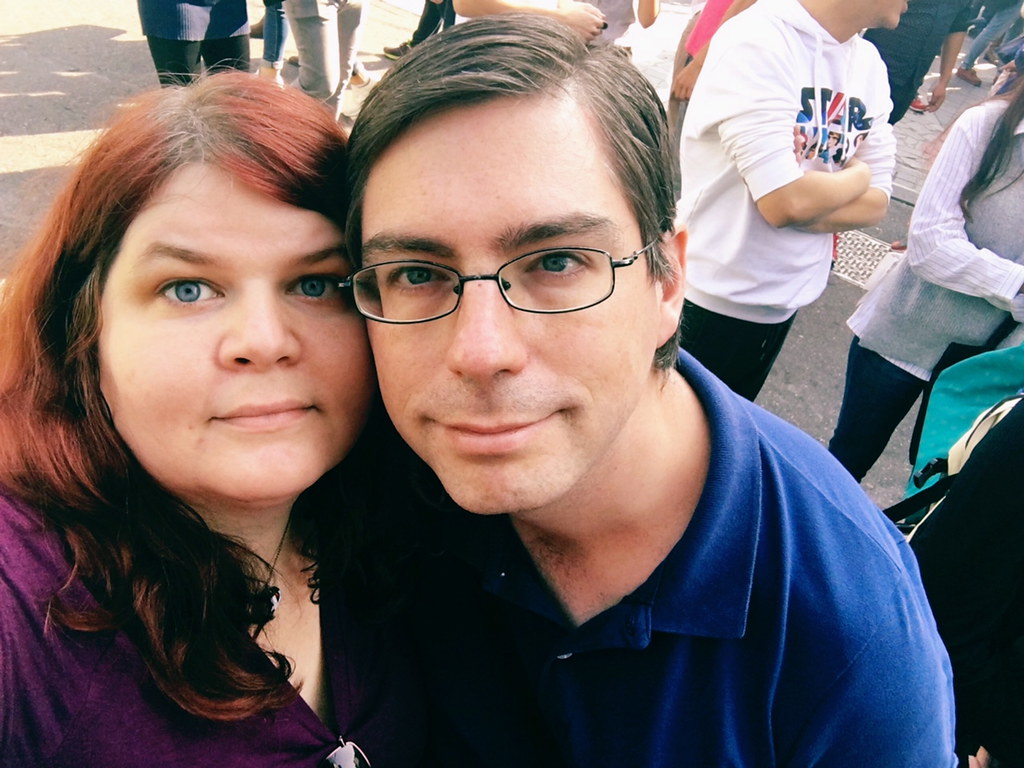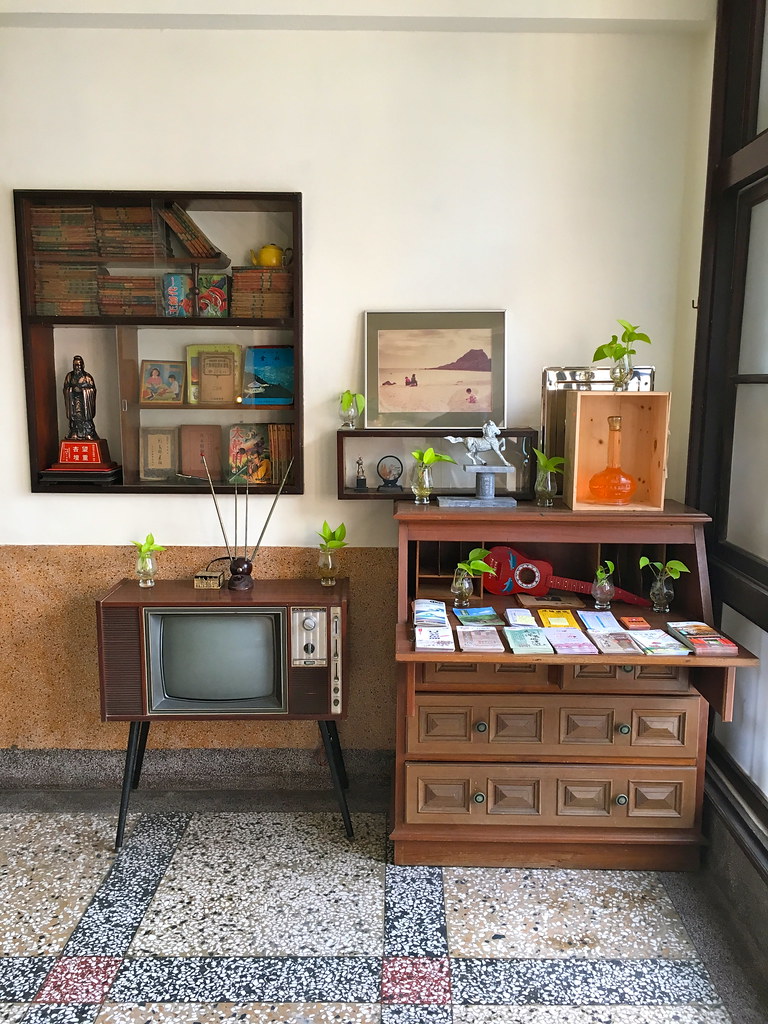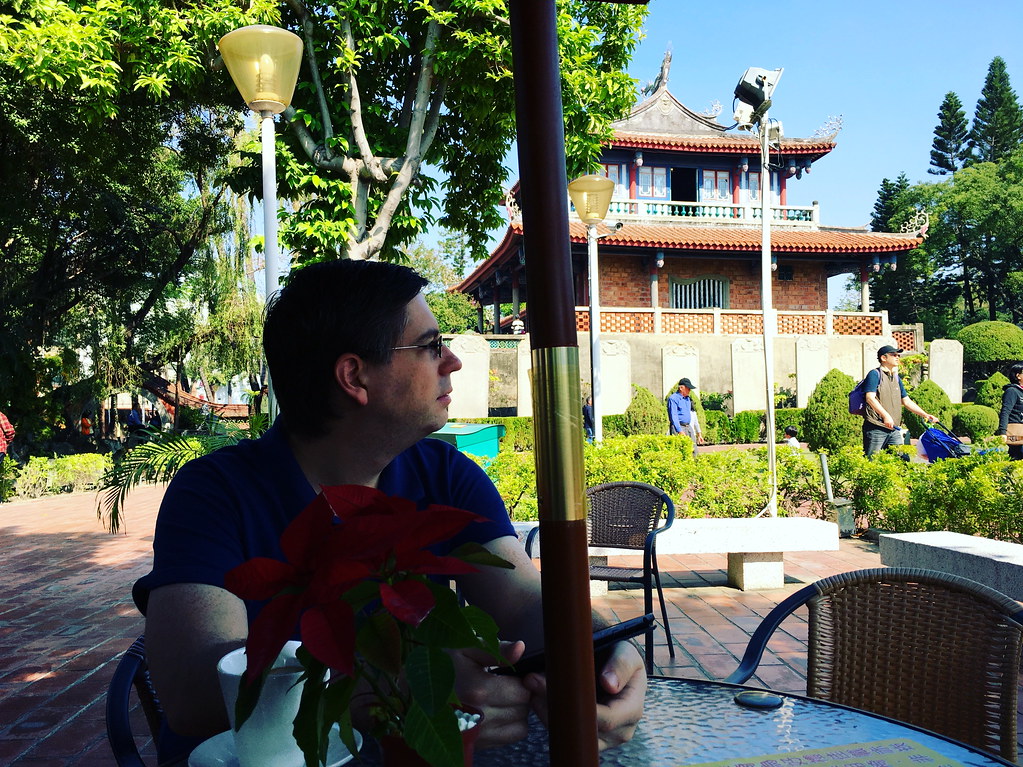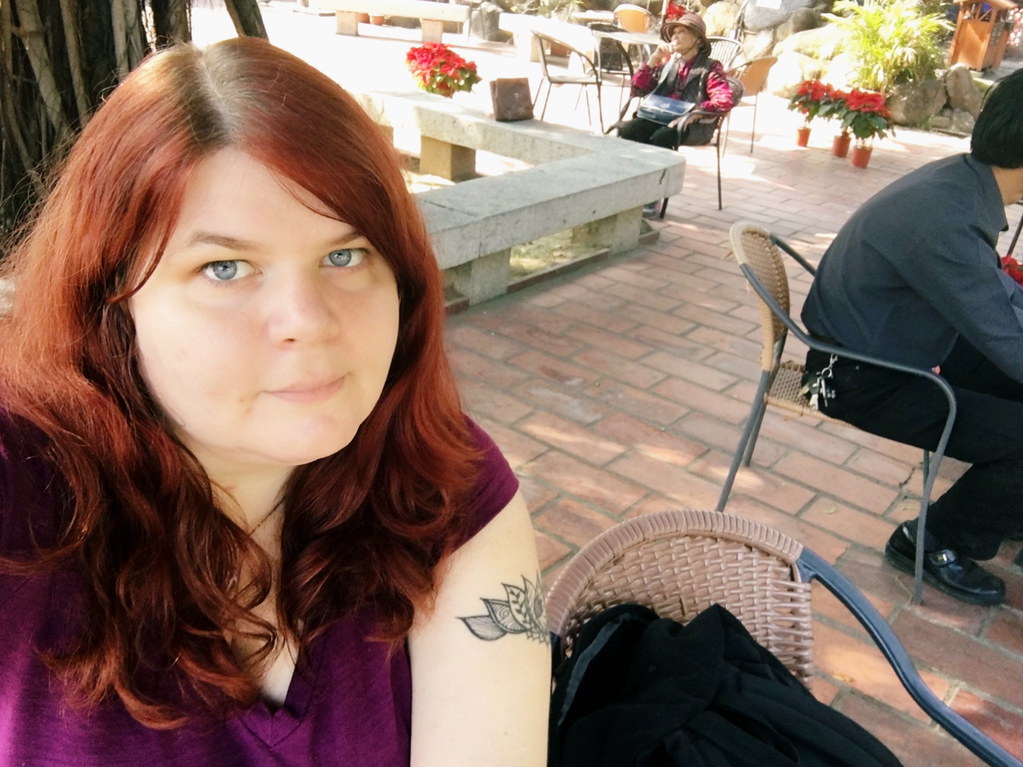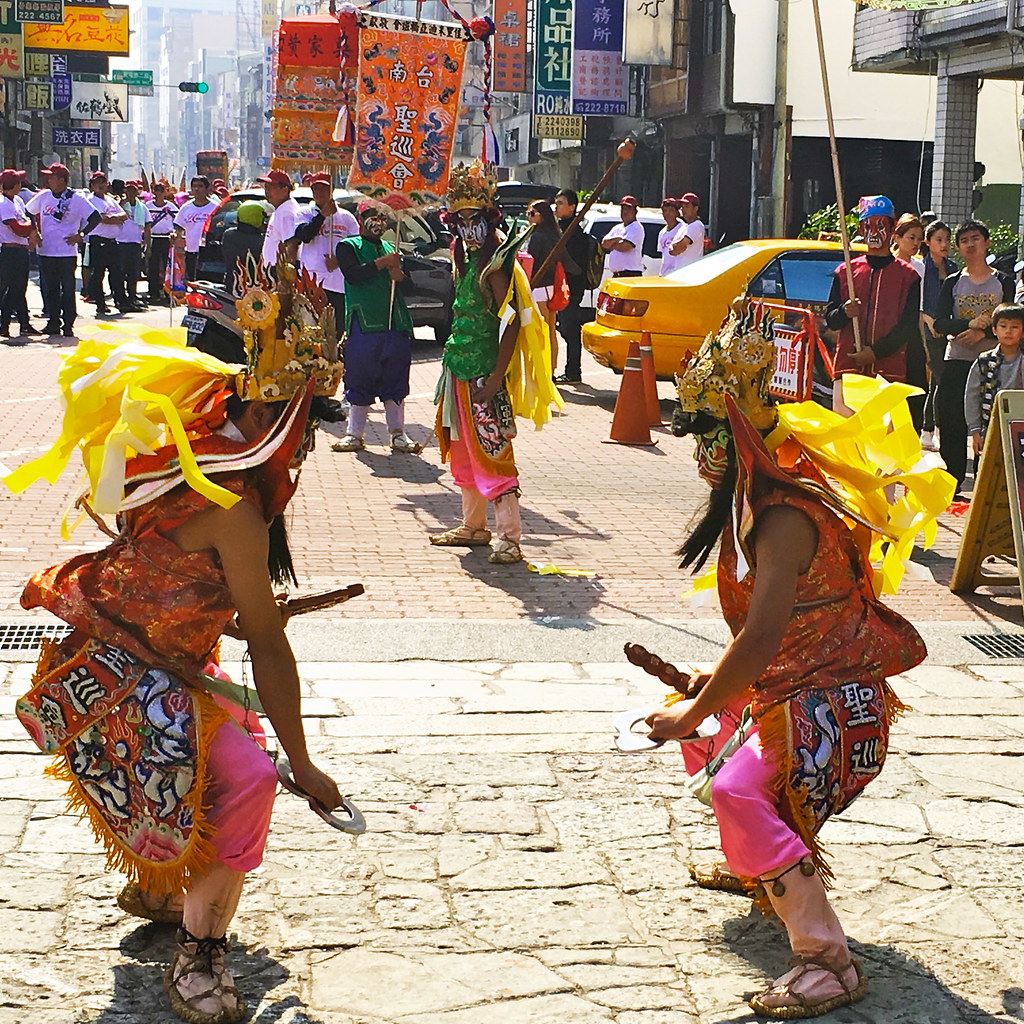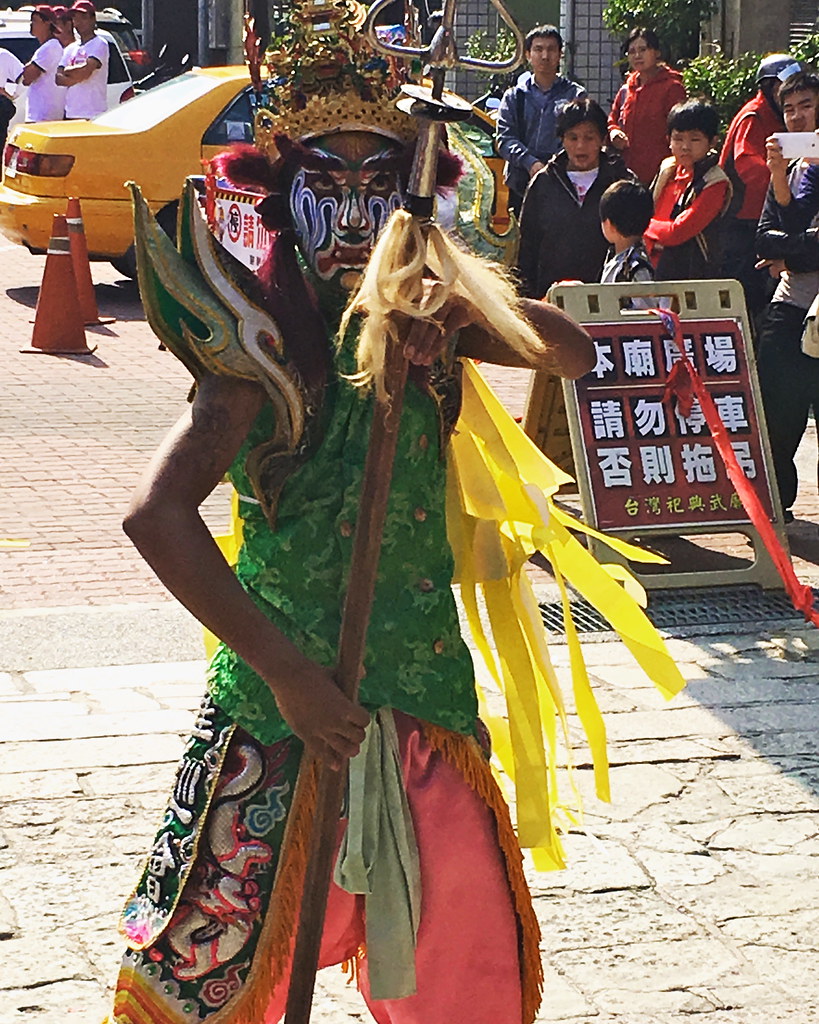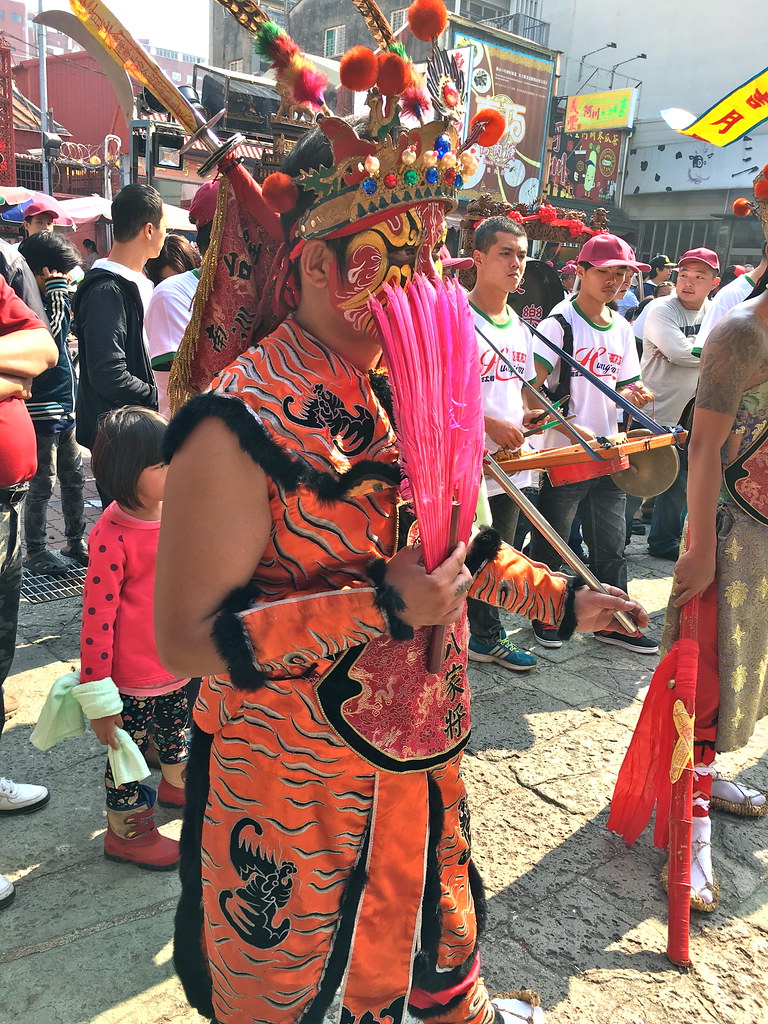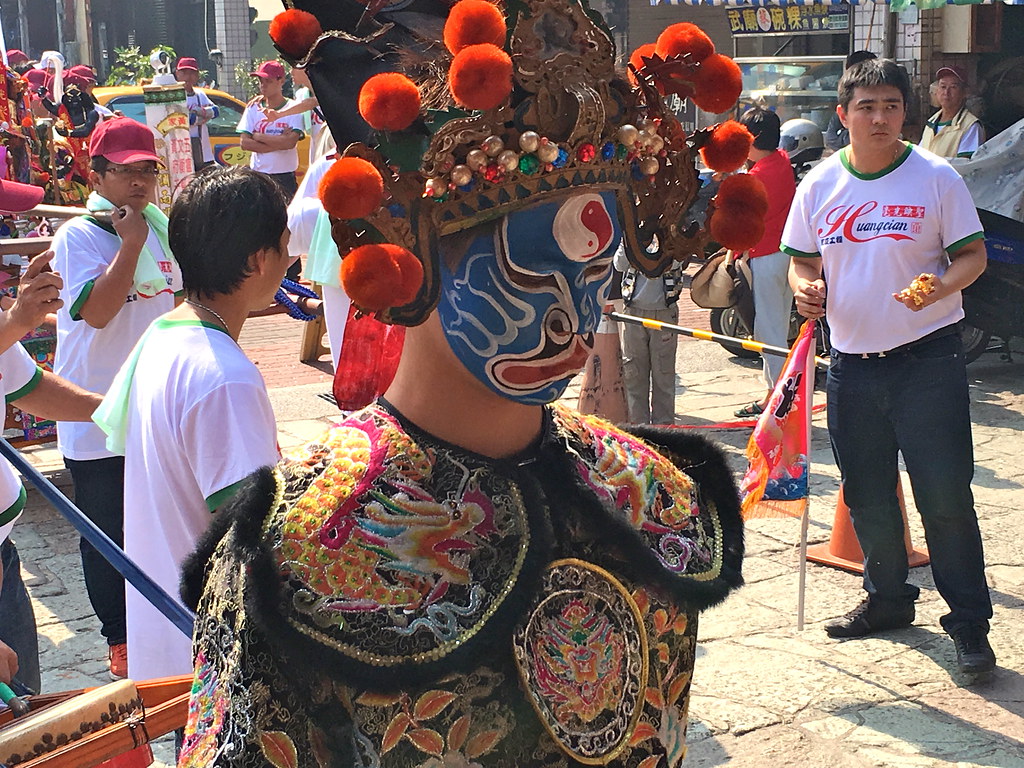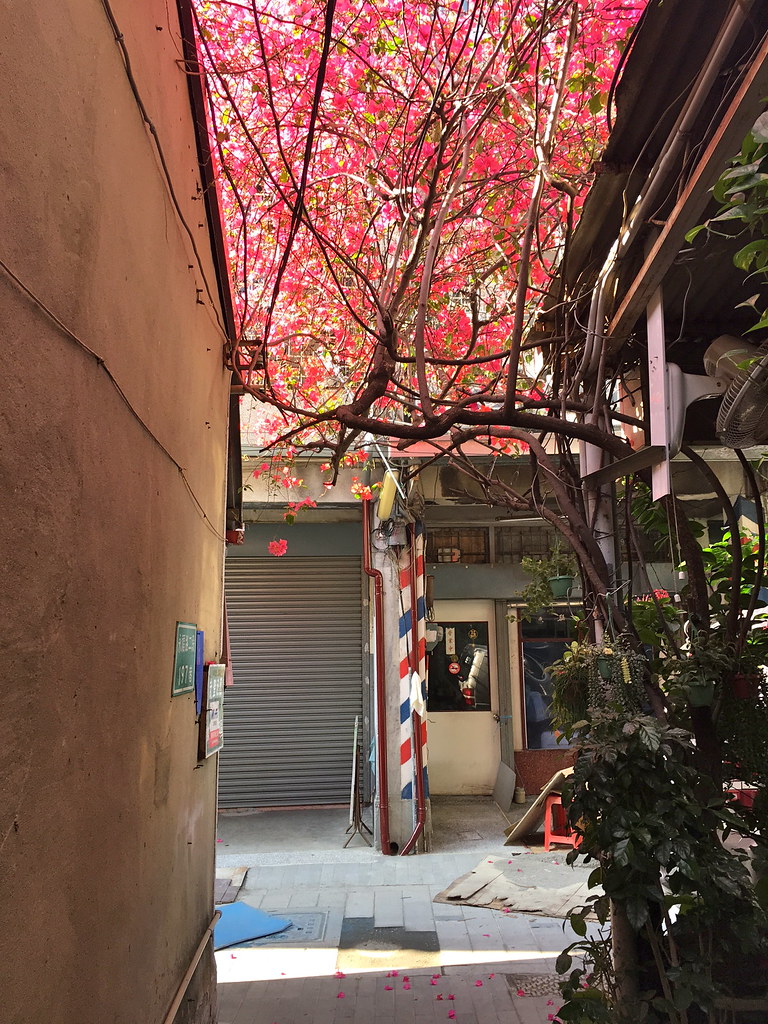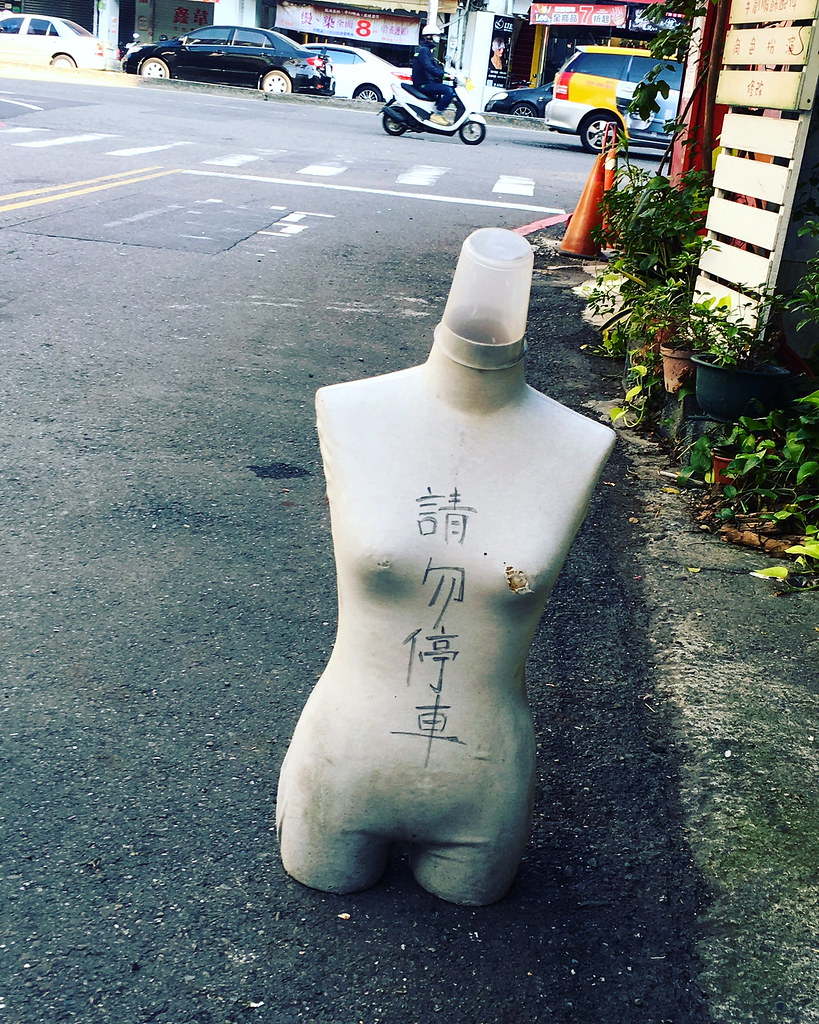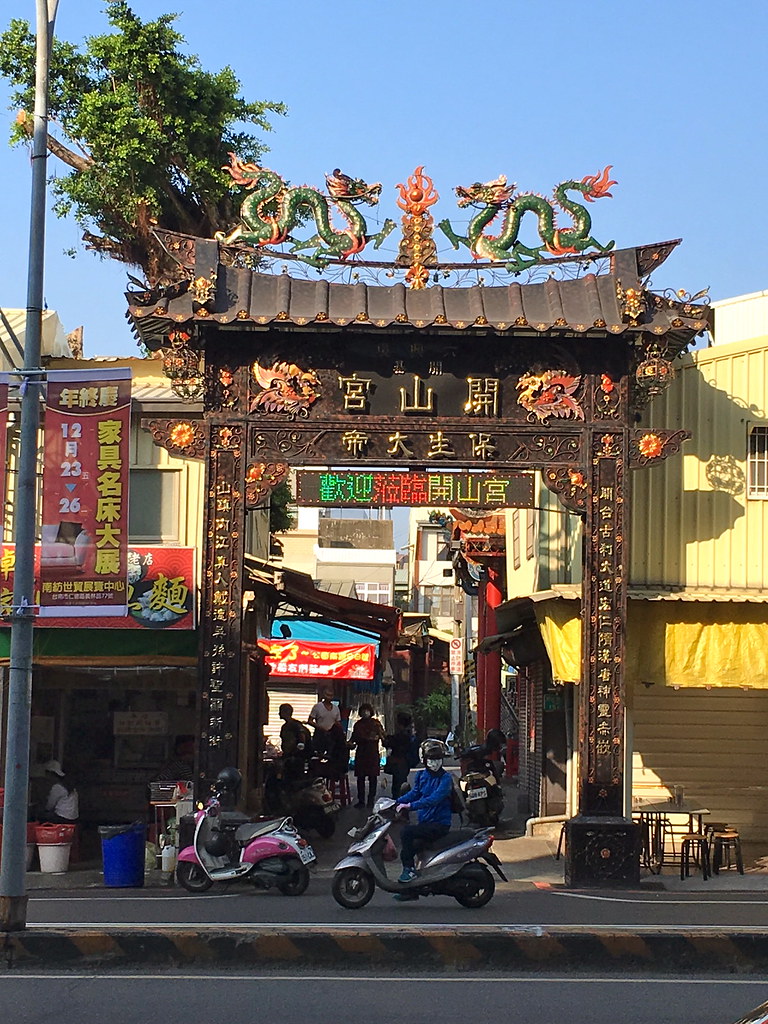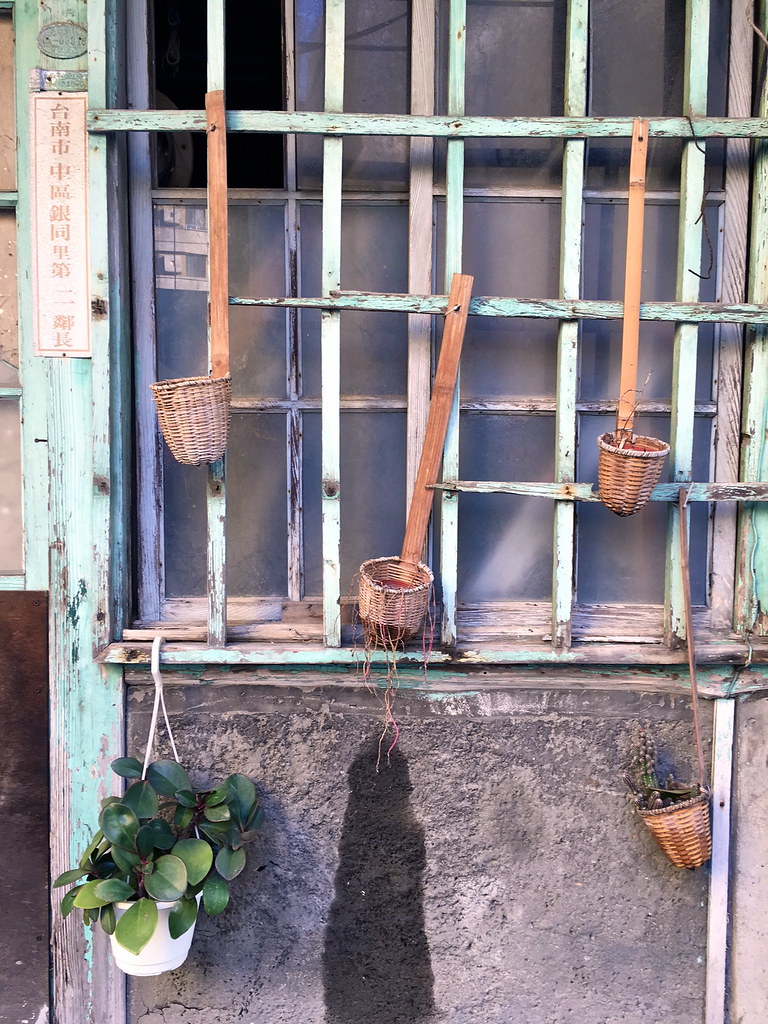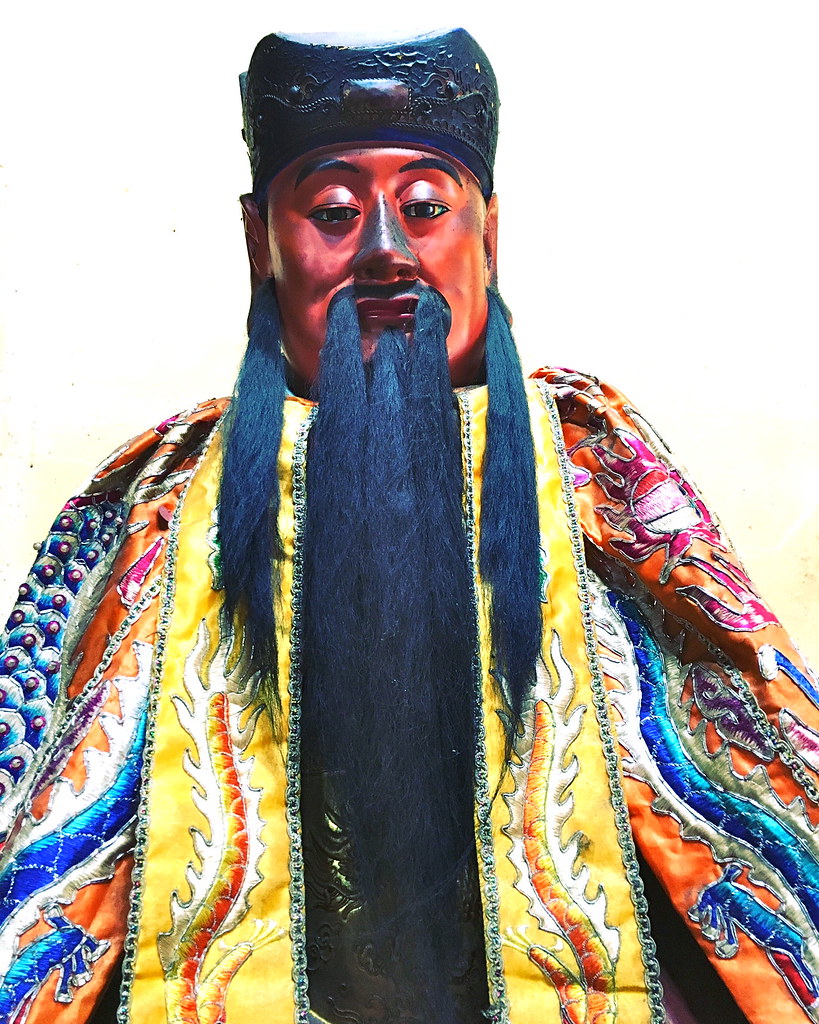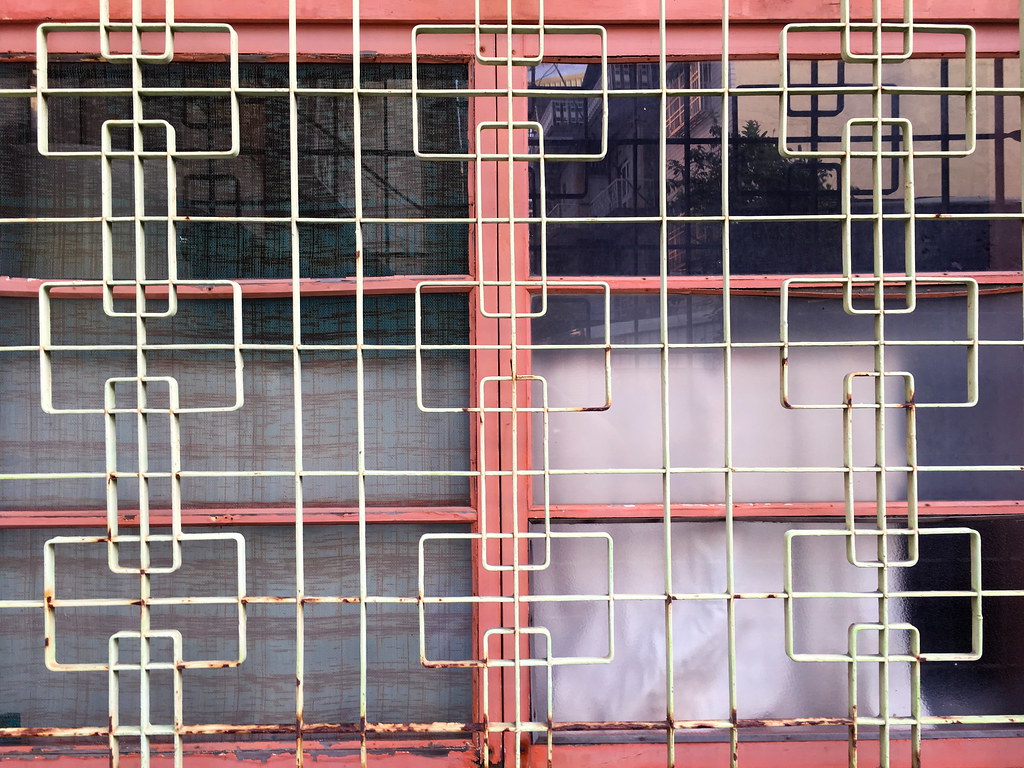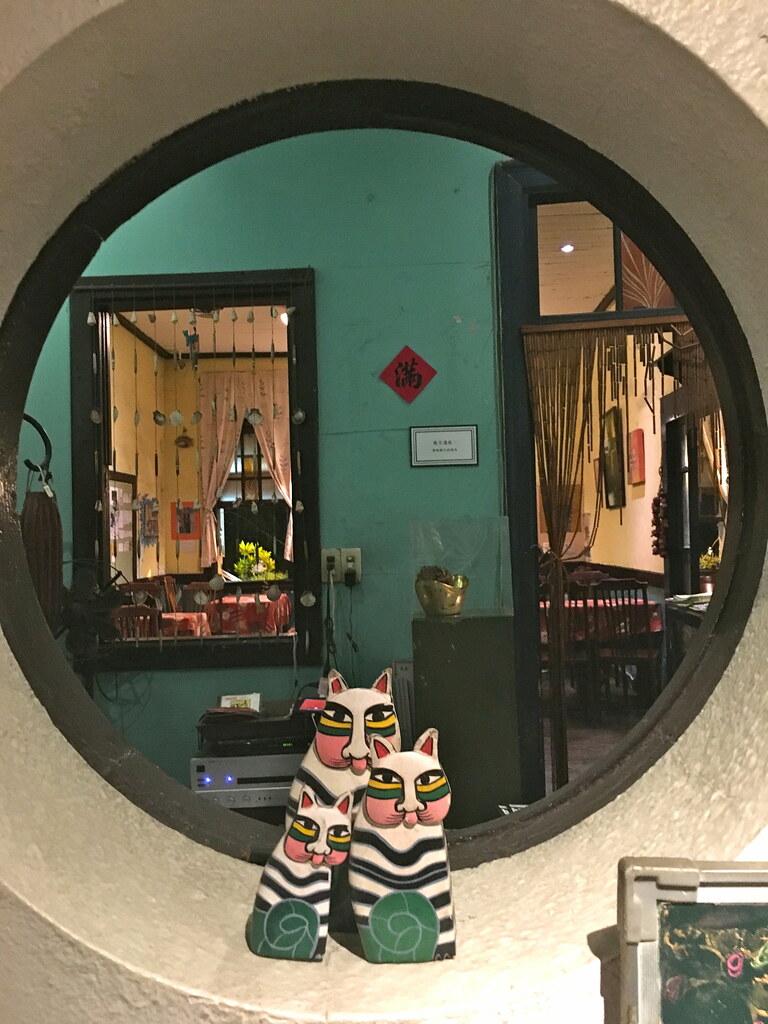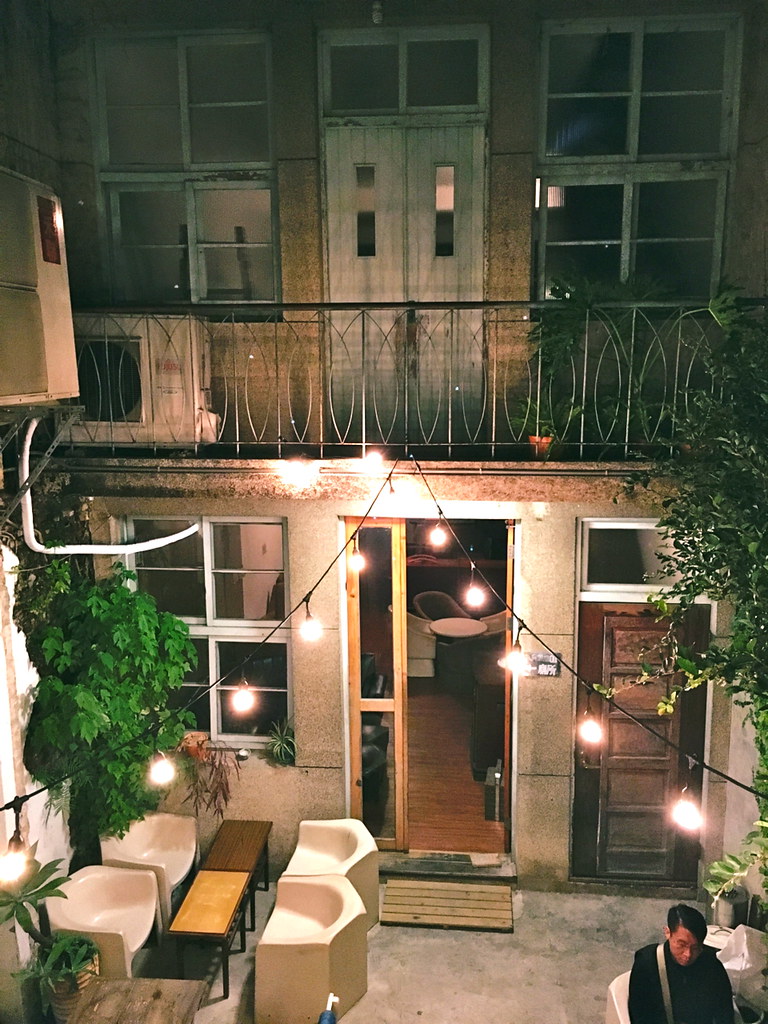When I'm extremely stressed, I engage in a practice that is likely very common: curling up on my bed and covering myself completely in a blanket. Phone nearby but not within perfect reach, lights off. In the US, that blanket would probably be a thick afghan or quilt. In Taiwan it's usually some thin linen drape. It doesn't matter; I just need to be covered. I don't even take away the throw pillows on the bed. Yes, I'm the sort of person who keeps throw pillows on her bed.
I've found myself curling up this way more often in the past few months, as I've dealt with a fair bout of career anxiety. It's not just that I'd be making a lot more money if I lived in a number of other countries, but that I'd likely get to take my work in the direction I truly want it to go.
Since 2011, I've been more or less consistently enrolled in some sort of teacher training program. First CELTA, then Delta, then a Master's program, plus a few short courses here and there. That first CELTA course changed the direction of my life; I didn't just go from someone who was teaching English "as a job" to someone who wanted to lead classrooms of adults as a career. I also became a full-throated convert to the power of good teacher training.
Obviously, I wanted to be a better teacher myself. As good as I could possibly be -- which, as it turns out, is not perfect. I mess up too. But I also wanted to help other teachers develop their skills. I felt I could make a bigger impact on the world, or at least the education world, by doing so. I haven't loved every teacher training course I've led, but the direction, in general, has always felt right.
And yet I've realized over the past year or so that there are limitations to this career path in Taiwan. There simply are not enough teacher training opportunities. Those that exist often get outsourced to international firms based in places like the UK. This is a direct result of people who have the power to decide whether to take a training contract choosing not to take one, and the organization needing the training looking elsewhere.
This is exactly the sort of thing I was hoping to avoid by taking the freelance route. I struggle a lot with the idea that decisions might be out of my hands. I can work with a team but I am not a natural follower. I wanted quite specifically to be in charge of what classes I take and when I'm free to take them. I never want to be told by anything other than my bank account that I can't take this or that trip.
Instead, I've found that I'm too far removed from those decision-makers to be heard, and it probably wouldn't matter if I was heard. After all, it's not as if they aren't aware that teacher training in Taiwan should be sourced as locally as possible, to people who know the local context.
Please don't misunderstand: I'm grateful for every teacher training opportunity that comes my way. I find most of them meaningful, impactful, intellectually challenging to plan and execute and personally satisfying. As with a great deal of impactful work, whether it improves the world in some tiny way has become more important to me than whether or not I enjoyed leading it. And yet, I do generally enjoy them.
Friends have recommended I start my own local training business. I don't want to do that -- first, I'd be in direct competition with people who've been in the field longer, whom I like, respect and have perhaps even acted as mentors. Second, I want to be a teacher, not a business owner. Running a business is its own job and skill set; a job I don't want to do, and a skill set I lack and am not terribly interested in acquiring. Reading books about Taiwan or studying two unrelated languages at the same time -- one of them through Mandarin -- are more attractive than learning to balance books or engage in marketing.
In other words, as a teacher (or teacher trainer) I have the time and energy to learn Armenian and Taiwanese. As a business owner, I'd spend that time figuring out how to make and keep my business profitable. No thanks!
It is a thin comfort that I know I'm usually very good at my job, and I learn from whatever mistakes I make. It's not enough of a comfort, though, when I think about what I could be doing if I weren't committed to Taiwan.
I have found other career outlets that satisfy me. This is another thin comfort. I've been doing a lot of work in language learning content development and online materials design recently. It scratches the same itch of being meaningful, impactful (one hopes -- it's not live yet) and intellectually challenging. In my own training I found that leading other teachers and creating materials were two strengths. I've also been doing a lot more paid writing, some of which you'll hear about soon.
These frustrations and their associated comforts have caused me to consider moving in a new direction, out of the classroom and into full time materials development. I haven't found the right job in Taiwan, and most jobs abroad are no longer fully remote, but it's an idea on the horizon if I can't make a full career of teacher training -- and it looks increasingly like I can't.
I had a choice: Taiwan or my career, and I chose Taiwan. Potentially leaving the classroom for something different feels like leaving a religion, but here we are. It bothers me quite a bit that my complaint isn't about pay exactly, or finding a specific full-time job, but about being able to explore a career direction at all.
This leads me to my final thin comfort, which I alluded to in my last post about staying in Taiwan. It may seem tangential to this post, but in my mind, it isn't. To take that kind of personal and professional hit, there must be a damn good reason. It can't all be night markets and 711!
As I explored in that last post, despite its problems, Taiwan's fundamentals are solid -- democracy, a push for equality and open-mindedness, crucial services like public transit and national health insurance. Society moves generally in the right direction, and that makes it worthwhile to stay.
What I realized from writing that post, however, isn't just that Taiwan has a lot of great things going for it. It's that what Taiwan gets right are also benefits that Taiwanese citizens enjoy. They matter because they're not just good for me -- they impact everyone positively.
So many of those "best countries for expats" type articles talk about superficial benefits that really only apply to white foreigners. You know, how much an expat can make relative to the cost of living, what great homes they can rent or buy on the cheap, job and life opportunities that locals mostly cannot access.
I hear the same from the occasional older foreigner in Taiwan, waxing nostalgic about the "good old days" when Taiwan was "exciting" or opportunities where "everywhere". Usually, they're talking about the late 1980s or perhaps early 1990s.
Okay, but a lot of my Taiwanese friends were children or young teenagers then, and were still being told by their parents not to even have, let alone express, an opinion lest they end up in prison or worse. A student once told me he was warned by his family not to say too much or even speak Taiwanese outside the family, or a "white truck would come in the night." Yikes.
Who gives a shit about excitement or opportunities for foreigners when that's the local situation?
Of course, many Taiwanese look back with maudlin candor on the Chiang Ching-kuo era. Taipei elected a whole mayor based on it, and that's bullshit. Such an opinion does not cancel out what my local friends have said they experienced.
That's what Taiwan offers -- a better society than the one it had. For everyone, not just expats. Would my life as a white American be "better" in these ways in most of Southeast Asia? Yes, absolutely. But it would be a superficial improvement; it would make only my life better.
In Taiwan, perhaps I cannot always feel the impact of things like "democracy" and "same-sex marriage" directly on my own life. After all, I could probably have the career I want in, say, Vietnam -- but Vietnam is not a democracy and does not have marriage equality. I might make more as a corporate rat racer in the US, but much of the US no longer recognizes my bodily autonomy and in some states, it's straight-up illegal for some of my friends to exist.
In fact, if I hear Westerners talking about a country that's great to live in because you can make so much money, or it's a lot of fun for them or they can score more women than they could back home, it's a good sign that I shouldn't live there -- I'm not interested in a fever dream for white people.
If long-term foreigners are talking about the problems they and the country face and how life isn't always perfect for them, then it likely means their lives are at least a bit more like those of locals. It will never fully be the same, but it means the advantages that country offers are probably accessible beyond expat enclaves.
The benefits Taiwan offers are good for society, and it's better for everyone if everyone benefits. Even if I can't vote, it's better for me, for society and for those I care about that my Taiwanese friends can. My opinion might not matter, but again, it's better for everyone that my Taiwanese friends can protest and not disappear.
That's not to say Taiwan is perfect, but again, the fundamentals are good.
Is that worth what I consider a major career sacrifice thanks to one of Taiwan's many imperfections? Is that blanket sufficient to comfort one in times of distress?
It has to be. It has to be.


